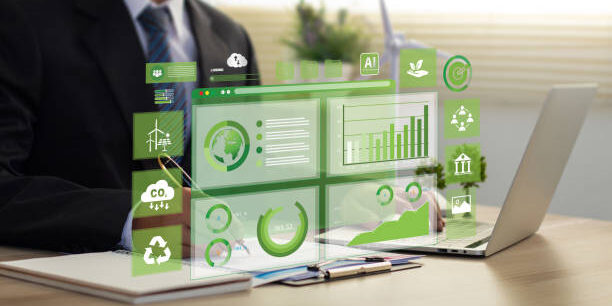The logistics industry continues to accelerate its transition toward cleaner and more efficient operations by strengthening commitments to renewable energy use. A key milestone has been reached with the expansion of I-REC (International Renewable Energy Certificate) certification, ensuring a higher share of electricity consumption comes directly from renewable sources by 2025.
The I-REC standard plays a vital role in verifying that energy consumed across logistics facilities is traceable to renewable sources. Beyond being a certification, it acts as a tool for environmental transparency, helping organizations demonstrate progress toward lowering Scope-2 emissions and aligning with global sustainability expectations.
Recent advancements include the integration of renewable energy certification across major logistics centers, coupled with initiatives such as LED conversions, adoption of high-efficiency equipment, waste segregation at the source, and rainwater harvesting projects. These measures not only reduce carbon impact but also improve efficiency across the supply chain.
Sustainability efforts extend further with Zero Waste certifications for multiple warehouses and facilities, a paperless office initiative to cut down on resource use, and continuous training programs to raise awareness of energy efficiency among staff. Collectively, these actions reflect a growing industry-wide push to embed green practices into daily operations.
By combining energy efficiency strategies with renewable energy certification, the logistics sector is setting a strong example of how supply chain operations can reduce environmental impact while ensuring resilience for the future. These efforts highlight the importance of aligning operational excellence with sustainable growth—helping pave the way for a greener and more responsible global supply chain.
#ICTTMNews #NewsUpdate #SupplyChainNews #GreenLogistics #SustainabilityNews







